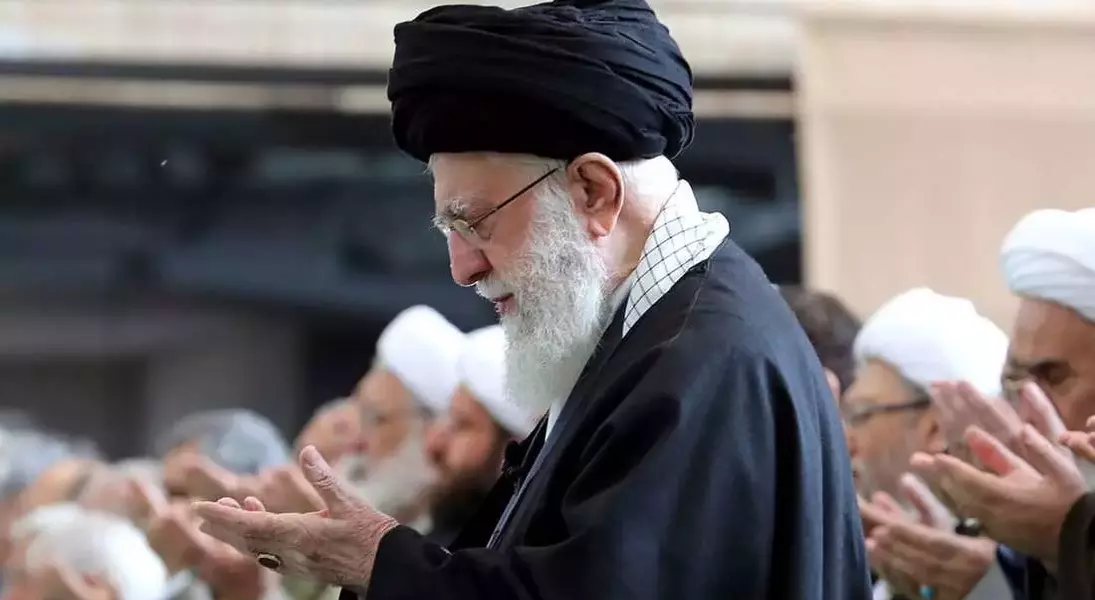
The political landscape of Iran is entering a critical phase, marked by the advanced age of its Supreme Leader, Ayatollah Ali Khamenei, and the recent shifts in regional power dynamics. At 86, and with his authority reportedly tempered by recent geopolitical events, the question of who will eventually assume the mantle of leadership in the Islamic Republic has become paramount. This evolving situation raises significant inquiries into the stability and future trajectory of Iranian governance.
For decades, Ayatollah Khamenei has been the ultimate arbiter of state affairs in Iran, guiding the nation through complex domestic challenges and intricate international relations. His eventual departure will undoubtedly usher in a period of intense deliberation and maneuvering among various influential factions within the country's political and religious establishment. Speculation abounds regarding the potential candidates and the intricate processes involved in selecting a new Supreme Leader. This includes consideration of both religious scholars and military figures, each representing different ideological leanings and strategic visions for Iran's future.
The current political climate, particularly in the aftermath of recent skirmishes with regional adversaries, has highlighted the vulnerabilities and resilience of the Iranian system. The succession process is not merely a transfer of power but a critical juncture that will define Iran's strategic orientation, its approach to economic reforms, and its engagement with the global community. Observers are closely watching how this transition might impact the country's nuclear ambitions, its support for regional proxies, and its internal social cohesion.
Moreover, the role of the Assembly of Experts, a body responsible for selecting the Supreme Leader, will be under intense scrutiny. The composition and internal dynamics of this assembly will play a crucial role in shaping the outcome of the succession. The potential for shifts in power balances among conservative, reformist, and pragmatist elements within Iran's intricate political structure makes the future leadership an issue of considerable domestic and international importance.
As Iran navigates this period of anticipated transition, the world watches closely for signs of how a new leadership might redefine the nation's path. The choices made in the coming years will not only shape Iran's destiny but also have far-reaching implications for regional stability and global security.
